Who she was: A well-regarded character actress who eventually ran for public office and came out — rather obliquely.
What she accomplished: Nancy Kulp (1921-1991) endeared herself to baby boomers with her role on a silly but successful TV sitcom, The Beverly Hillbillies. From 1962 to 1971, she played the prim, efficient Miss Jane Hathaway, secretary to banker Milburn Drysdale. She and Drysdale were managing the millions of the Clampett family, a backwoods clan who had relocated from Tennessee to Beverly Hills after striking oil. The comedy arose from the contrast between the beyond-unsophisticated Clampetts — who made moonshine, kept “critters,” and called their swimming pool “the cement pond” — and the upscale Southern Californians who surrounded them. Hathaway, always called “Miss Jane” by the Clampetts and their kin, was unaccountably attracted to the dim-witted Jethro Bodine, nephew of patriarch Jed Clampett. Critics had no love for the show, but viewers found it hilarious, and it had an extended life in syndication.
Born in Harrisburg, Pa., Kulp studied journalism in college, then served in the WAVES during World War II. After the war she worked as a publicist for radio and TV stations in Florida, then came to Hollywood in the 1950s with an eye to continuing in publicity. Someone encouraged her to try acting — some accounts say it was her then-husband, Charles Dacus, whom she refused to discuss in later years; others say it was esteemed director George Cukor. At any rate, she quickly won a small role in a Cukor film, The Model and the Marriage Broker, starring Jeanne Crain, Scott Brady, and Thelma Ritter. It was one of the great filmmaker’s lesser efforts, but it launched her career. She played supporting parts, often uncredited, in some noteworthy movies — Shane, Sabrina, the Judy Garland version of A Star Is Born, also directed by Cukor — and some now-forgotten ones. She also worked in TV anthology series and in guest-starring roles. Before Hillbillies, she was a regular on The Bob Cummings Show, playing a spinsterly bird-watcher named Pamela Livingstone. (Bird-watching was also one of Miss Jane’s hobbies.)
After The Beverly Hillbillies ended, she continued to guest-star on various TV series; she had a recurring role on Sanford and Son for a time, and like many aging actors she appeared on The Love Boat and Fantasy Island. She also performed on Broadway in Morning’s at Seven in the early 1980s. But she had a passion for politics, dating back to Adlai Stevenson’s presidential campaign in 1952, and in 1984 she returned to central Pennsylvania to run for Congress. She was an underdog as a Democrat in a heavily Republican district represented by a popular incumbent. She got support from showbiz friend Ed Asner, but her Hillbillies costar Buddy Ebsen, who had played Jed, did a commercial in which he called her “too liberal” and endorsed her opponent. It caused a rift between them that lasted for years, although they reportedly eventually made up. She lost the election to the incumbent, Bud Shuster. Later, she taught acting at a Pennsylvania college and made some stage appearances, including one as the Nurse in Romeo and Juliet at the 1987 Georgia Shakespeare Festival in Atlanta, then retired to the California desert, where she kept busy with volunteer work. Among other things, she served on the board of the Screen Actors Guild.
In 1989 she addressed her sexual orientation — to a degree — in an interview with Boze Hadleigh, published in his book Hollywood Lesbians. “As long as you reproduce my reply word for word, and the question, you may use it,” she said. “I’d appreciate it if you’d let me phrase the question. There is more than one way. Here’s how I would ask it: ‘Do you think that opposites attract?’ My own reply would be that I’m the other sort — I find that birds of a feather flock together. That answers your question.” Miss Jane would have appreciated the imagery. She also expressed admiration for gay congressman Barney Frank, and when Hadleigh asked if she would have come out in Congress, she said, “Not voluntarily. If I were outed, then I would not deny it.” Hadleigh waited to publish the book until 1994, when all his subjects were dead. Kulp died of cancer in 1991 at her home in Palm Desert, Calif.
Choice quotes: “If one is past 50 or 60, it’s almost like saying that most of your life you’ve been too embarrassed to admit it or to speak up.” — to Boze Hadleigh, on the possibility of coming out
“I think I’ve been successful in making the distinction between actress and politician. But there’s always someone who screams, ‘Where’s Jethro?’” — to People magazine, during her congressional campaign
For more information: You can find used copies of Hadleigh’s book at Amazon and other sites; also try your local secondhand bookstore. GLBTQ.com has an informative biographical sketch, and the People article is available here.
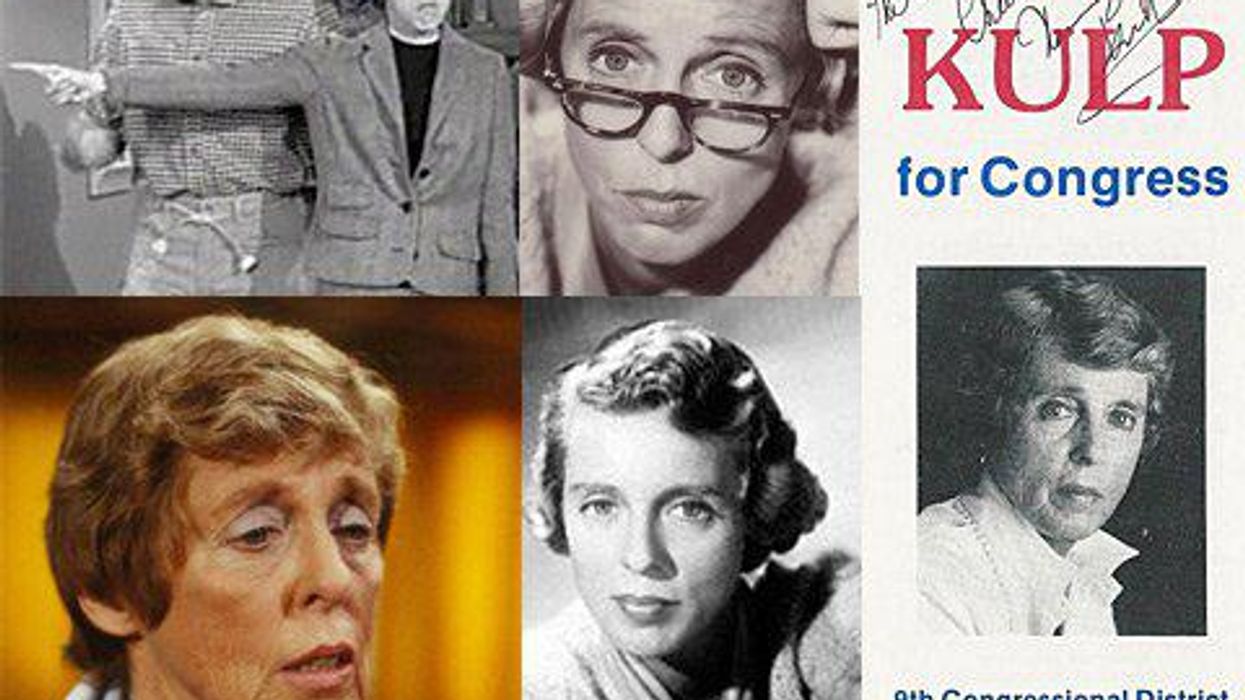

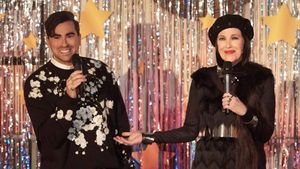

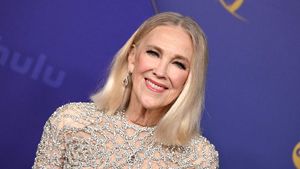
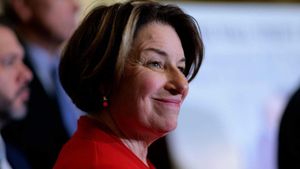









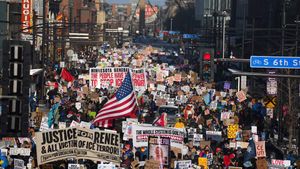









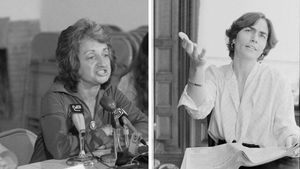


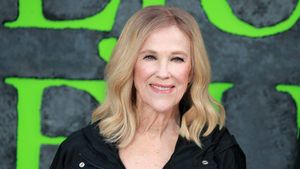







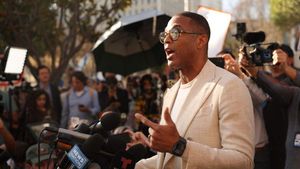









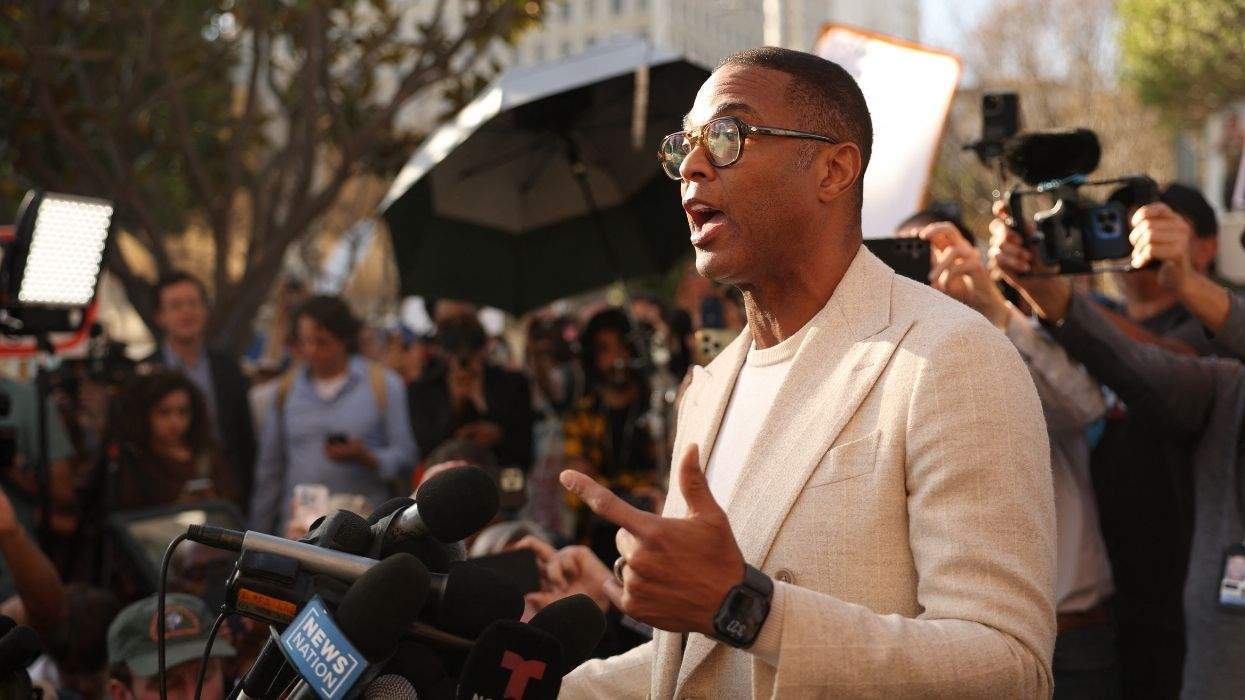
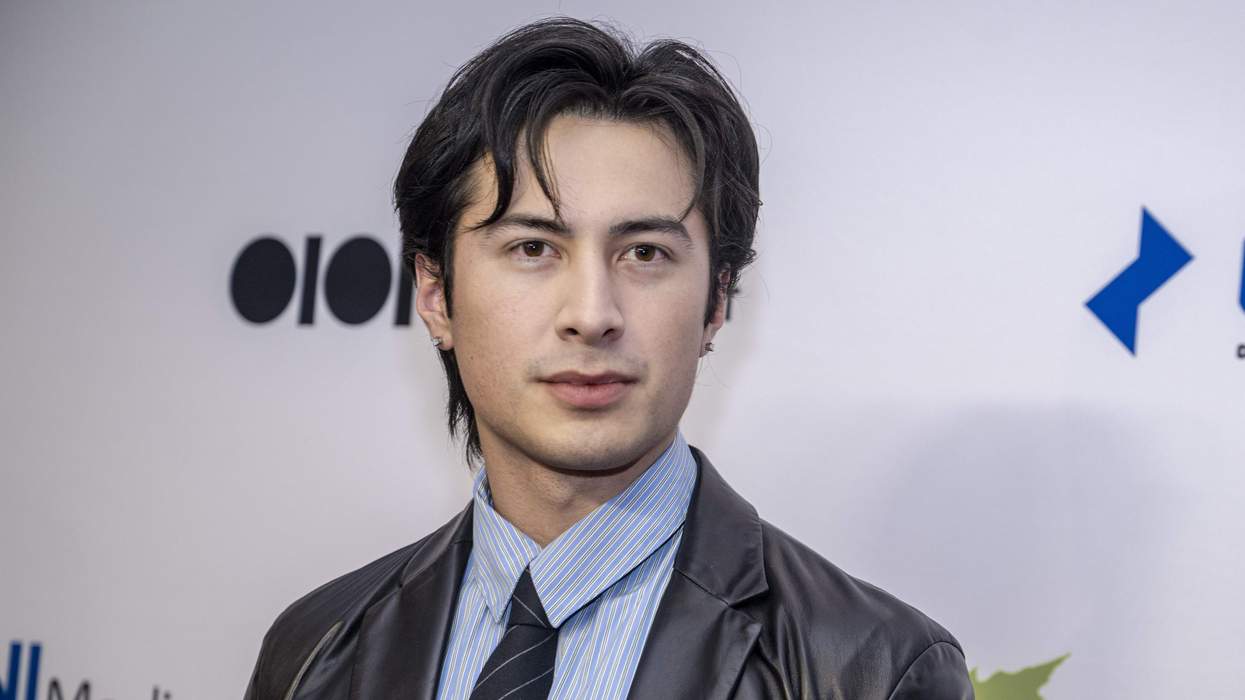
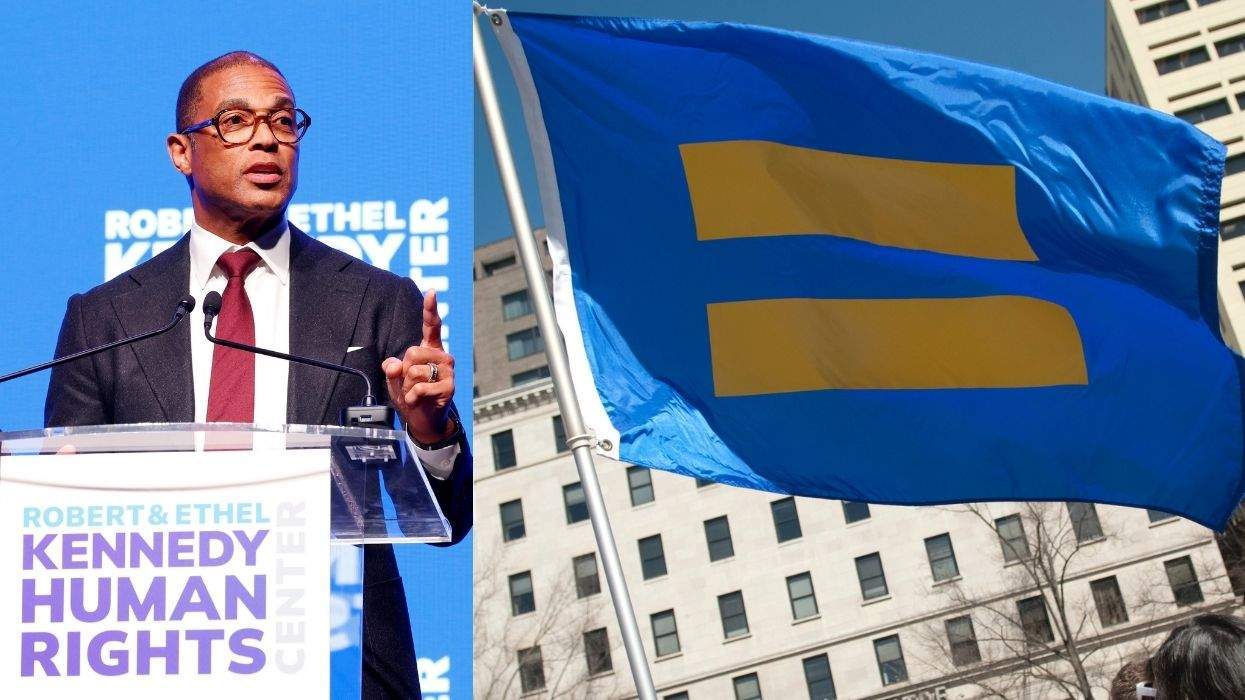



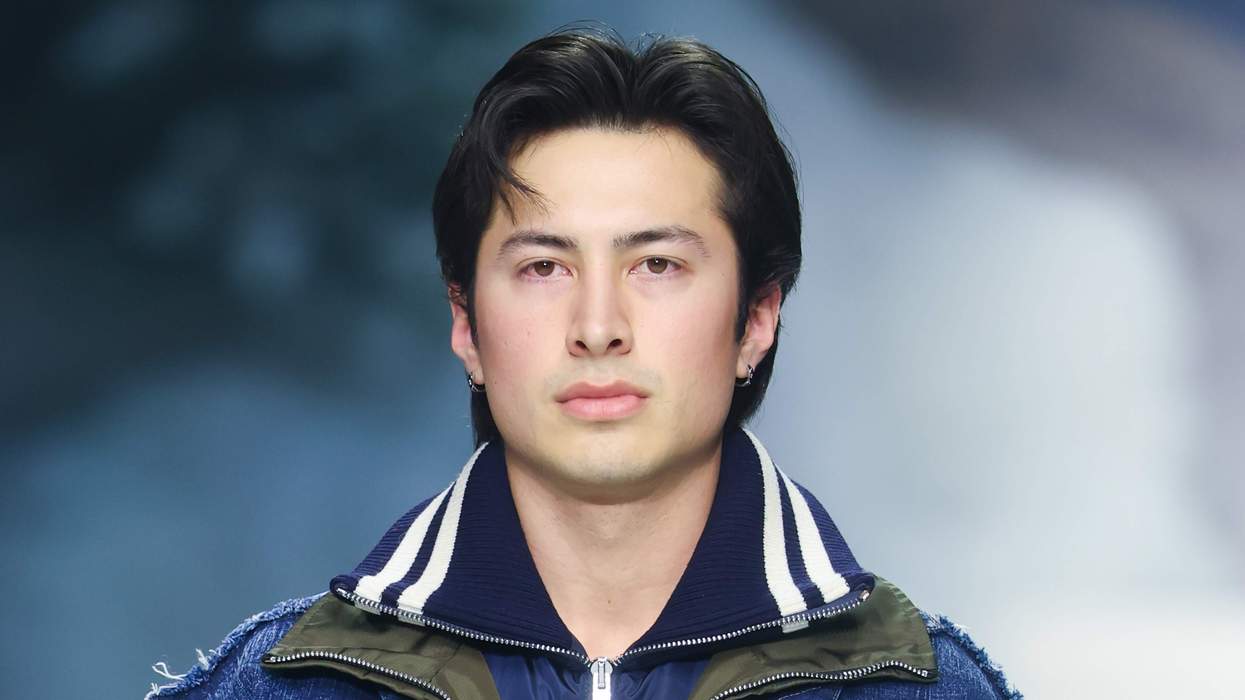


































 Cindy Ord/Getty Images
Cindy Ord/Getty Images























